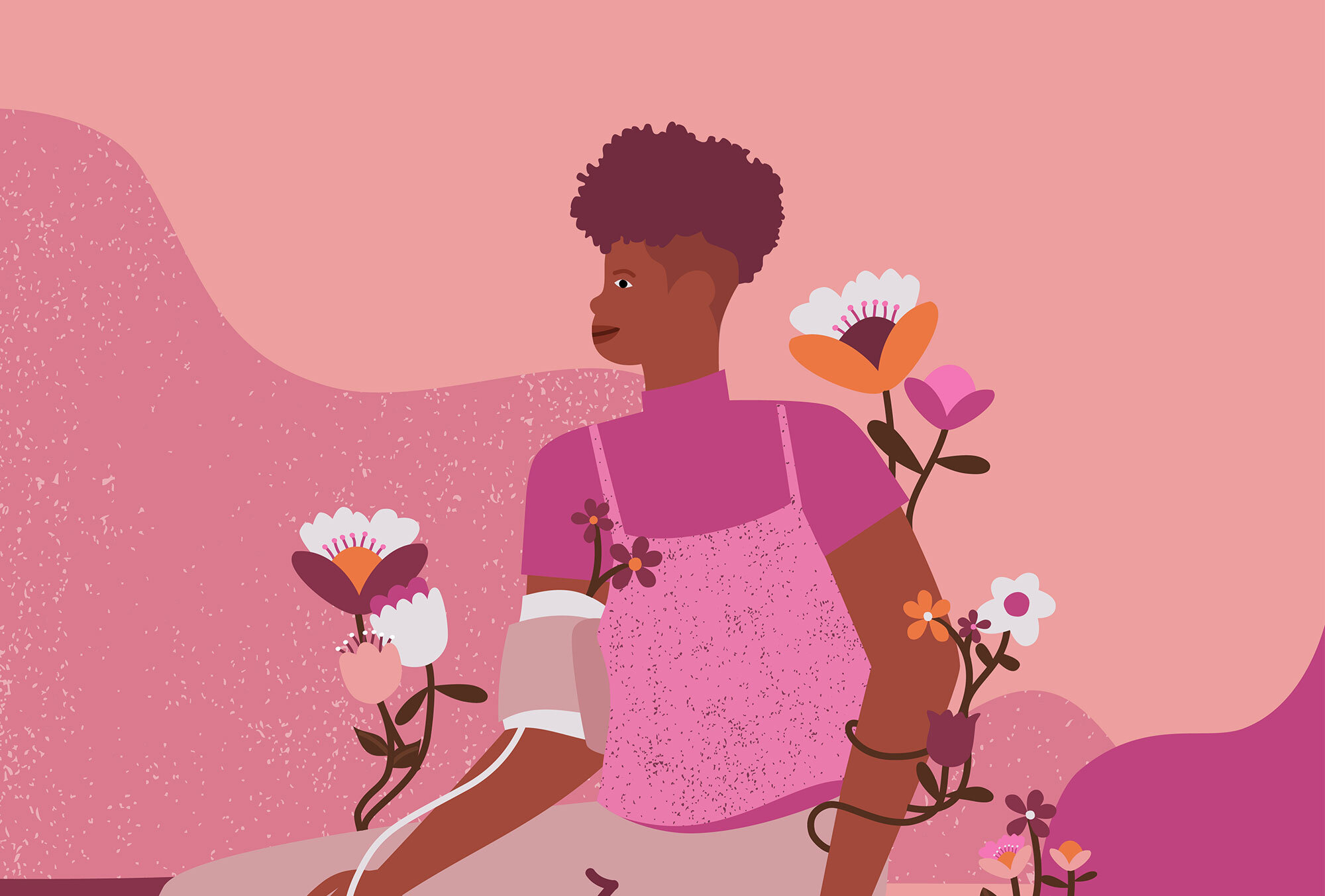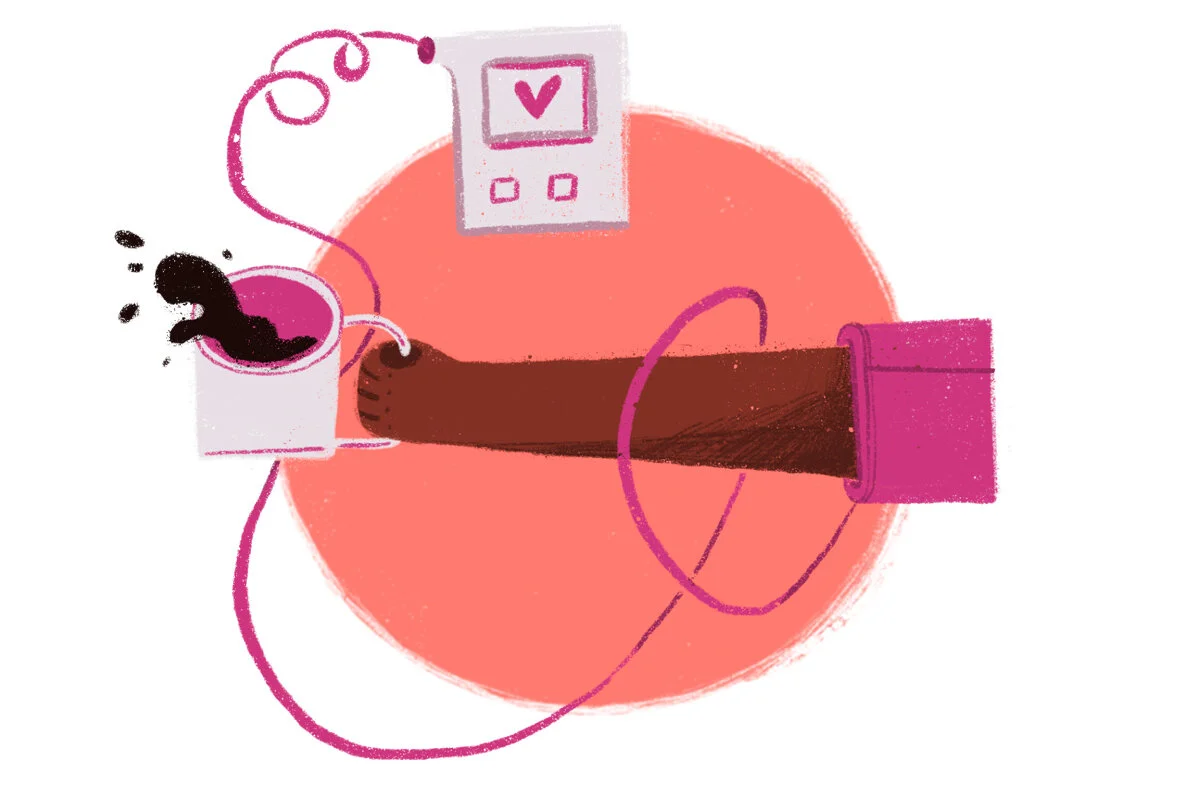
Hypertension, also known as high blood pressure, occurs when pressure in the arteries (blood vessels) is too high.
Speaking up for yourself in a doctor’s office can be difficult and scary. When you find out that you have high blood pressure, you might feel confused about how to proceed. There is a lot of information out there, so it’s important to know how to advocate for yourself, especially when given advice that requires you to change your routines.
Knowing your blood pressure numbers and what they mean is empowering. Because many people do not experience symptoms, keeping track of your blood pressure numbers is a key preventative measure.
Sherita Hill Golden, M.D., M.H.S is an esteemed doctor, scientist, and administrator at Johns Hopkins Medicine, dedicated to serving her community and addressing systemic racism in health care. Her contributions to the field of diabetes research and to inclusive hiring practices have made a lasting impact on her community.

Womanly Magazine is a health and arts publication providing accessible health information to women and non-binary people.


Womanly chats with M’Balu Bangura - Baltimore City’s Equity Specialist. Her work ensures that the city develops equitable policies and programs that affect Baltimore City residents.
High blood pressure can often be brought upon by pregnancy, resulting in hypertensive disorders of pregnancy that include gestational hypertension and preeclampsia.
Managing hypertension looks different for everyone. While some are able to manage high blood pressure with lifestyle changes, many people require medication.
High blood pressure is something that you can have a certain amount of control over. Whether you have already been diagnosed with high blood pressure, or if you’re trying to lower your risk level, we’re here to share a variety of steps you can take towards finding a strategy that works best for you!

46% of U.S. adults have high blood pressure. About 1 in 3 U.S. adults with high blood pressure aren’t aware they have it and are not being treated.
From the shape and aesthetic of our features and body parts to our eating habits, things run in the family and transfer from generation to generation.
Some nights she can’t sleep. Some days, she can’t dream. Why does she always have to be so strong? Why can’t she practice being… soft?
Protecting my heart—both the organ and the symbol of my emotional and spiritual life—is difficult.
Oftentimes when I talk to my patients about their hypertension, I get the sense that they feel they’ve failed. They blame themselves by saying things like, “I should’ve eaten less salt,” or “I need to exercise more.” But hypertension isn’t a personal failure.
To be human is to experience this. To leave this skin soft as there is an overstay of a sharp beating. I have now been dealing with palpitations and an overwhelming feeling in Body for three months. Fluid circulating arteries. Swell. Gush. Spurt. Sometimes Body’s pressure reaches 150/105.
Photography by Jeyolyn Christi

check out some of our most trusted resources for preventive health care education and crisis management.



























